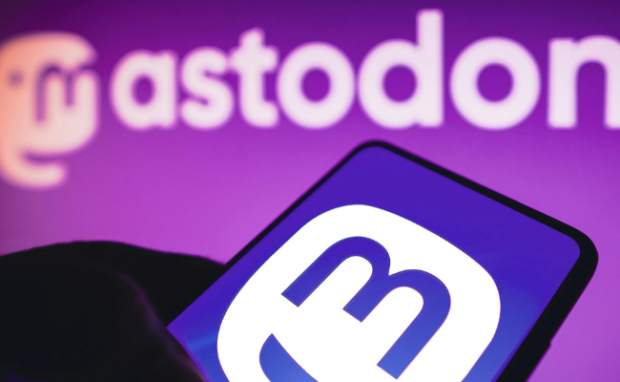Mastodon Rejects Funding To Preserve Nonprofit Status
How much are you willing to sacrifice for your commitments? Mastodon rejected funding from several investment firms to maintain its identity as an inclusive and free platform.
Its founder Eugen Rochko told the Financial Times he had received offers from over five US-based investors to support the platform with “hundreds of thousands of dollars.”
However, Rochko remained steadfast and said his platform’s non-profit status was untouchable. He added, “Mastodon will not turn into everything you hate about Twitter.”
Why are Twitter users switching to Mastodon?

Photo Credit: www.cmswire.com
The Twitter exodus started when Elon Musk took over on October 27, 2022. Days after, he removed more than half of the Twitter workforce.
Musk claimed he would champion freedom of speech on his platform. Yet, he promised it would not turn into a “hellscape” where everyone could say anything without consequences.
The new CEO removed strict content moderation and allowed everyone a verification icon by paying $8.00.
Unfortunately, users quickly filled his platform with hate speech. Some became tired of these changes and left Twitter for alternatives.
Mastodon was one of the most trending choices. The German software developer Eugen Rochko founded it in 2016 using decentralized networks.
Those may sound familiar if you know about bitcoin and other cryptocurrencies. However, Mastodon does not have a native token.
Instead, it allows everyone to make servers dedicated to just about anything. For example, you can make one for your favorite video game or a social cause.
Each server has different registration processes, depending on its owners. As a result, ordinary people have control over these online spaces, not corporations.
Rochko took the time to remind people what Mastodon stood for when he explained why he rejected funding:
“At Mastodon, we believe that there doesn’t have to be a middleman between you and your audience…”
“…and that journalists and government institutions especially should not have to rely on a private platform to reach the public.”
Conclusion
Mastodon rejected funding because its founder does not want it to become “everything you hate about Twitter.”
He said that includes “the fact that [Twitter] can be sold to a controversial billionaire, the fact that it can be shut down, go bankrupt, and so on.”
If you want to learn more about how to be a Mastodon member or server owner, click here. Also, follow Inquirer Tech for more digital updates.